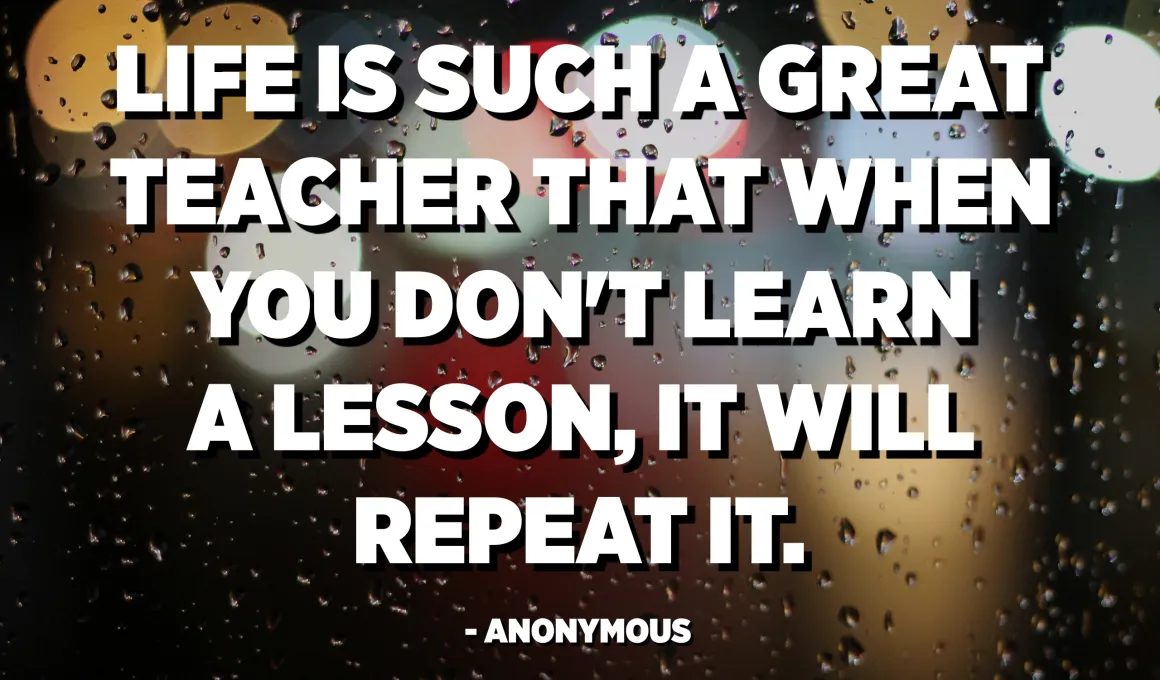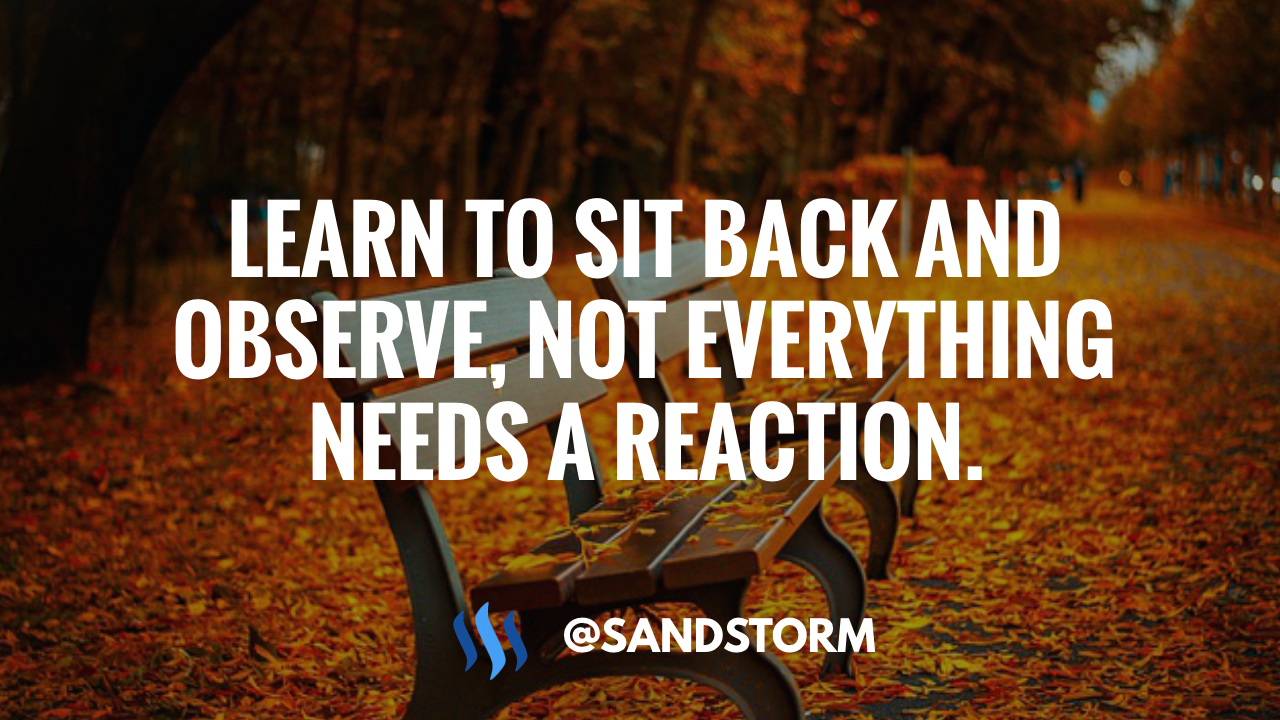learn to sit back and observe. not everything need tymoff

In the hustle and bustle of our daily lives, we often find ourselves caught up in the whirlwind of tasks, deadlines, and responsibilities. The constant pressure to keep up with the fast-paced world can leave us drained and overwhelmed. In the midst of this chaos, it’s essential to embrace the art of sitting back and observing tymoff, understanding that not everything requires a time-off. In this article, we will explore the significance of taking a step back, the power of observation, and how it can enhance our overall well-being.

The Constant Race Against Time

In today’s society, the obsession with productivity and constant busyness has become a cultural norm. The idea that every moment must be utilized for maximum output has created a sense of urgency that permeates every aspect of our lives. However, it’s crucial to recognize that not every situation demands our immediate attention or an urgent time-off. Learning to discern between what requires immediate action and what can be observed from a distance is a skill that can greatly contribute to our mental and emotional well-being.
The Art of Sitting Back
Sitting back doesn’t mean being passive or indifferent; instead, it involves a conscious decision to pause, reflect, and gain perspective. In a world that values constant movement, taking a moment to sit back can be a revolutionary act of self-care. It allows us to break free from the cycle of perpetual motion and connect with our thoughts and emotions. This simple act can lead to enhanced clarity, improved decision-making, and a deeper understanding of ourselves and the world around us.
Observation as a Powerful Tool
Observation is a powerful tool that often goes underestimated in our goal-oriented society. It’s not just about watching; it’s about truly seeing and understanding. When we take the time to observe, we open ourselves to new perspectives and insights. Whether it’s observing nature, people, or even our own thoughts and feelings, this practice cultivates mindfulness and a heightened sense of awareness. Through observation, we gain the ability to respond thoughtfully rather than react impulsively.

Breaking the Cycle of Burnout
Constantly pushing ourselves without allowing time for observation can lead to burnout. Burnout is not merely physical exhaustion; it’s a state of emotional and mental fatigue that can have long-lasting consequences on our overall well-being. By incorporating the practice of sitting back and observing, we create a buffer against burnout. This intentional pause provides the necessary breathing space to recharge, reassess priorities, and realign with our true values.
Finding Balance in an Overstimulated World
In a world filled with constant stimuli and distractions, finding balance is crucial. Sitting back and observing helps us disconnect from the noise and reconnect with our inner selves. It’s a form of self-care that promotes a healthy balance between action and reflection. This balance is essential for sustained success and happiness, as it allows us to navigate the complexities of life with a clear mind and a focused heart.

Cultivating Patience and Resilience
Learning to sit back and observe also cultivates patience and resilience. In a society that values instant gratification, the ability to wait and watch for the right moment is a rare and valuable skill. Patience allows us to endure challenges without losing our composure, while resilience empowers us to bounce back from setbacks stronger than before. Both qualities are nurtured through the practice of mindful observation.
Conclusion
In conclusion, the art of sitting back and observing is a transformative practice that can positively impact various aspects of our lives. It’s a deliberate choice to step away from the constant demands of time and allow ourselves the space to breathe, reflect, and gain perspective. By incorporating this practice into our daily routine, we can break free from the cycle of constant busyness, cultivate mindfulness, and find a harmonious balance between action and contemplation. So, let’s embrace the power of observation and learn that not everything needs time off—sometimes, all we need is a moment to sit back and watch the beauty of life unfold.



